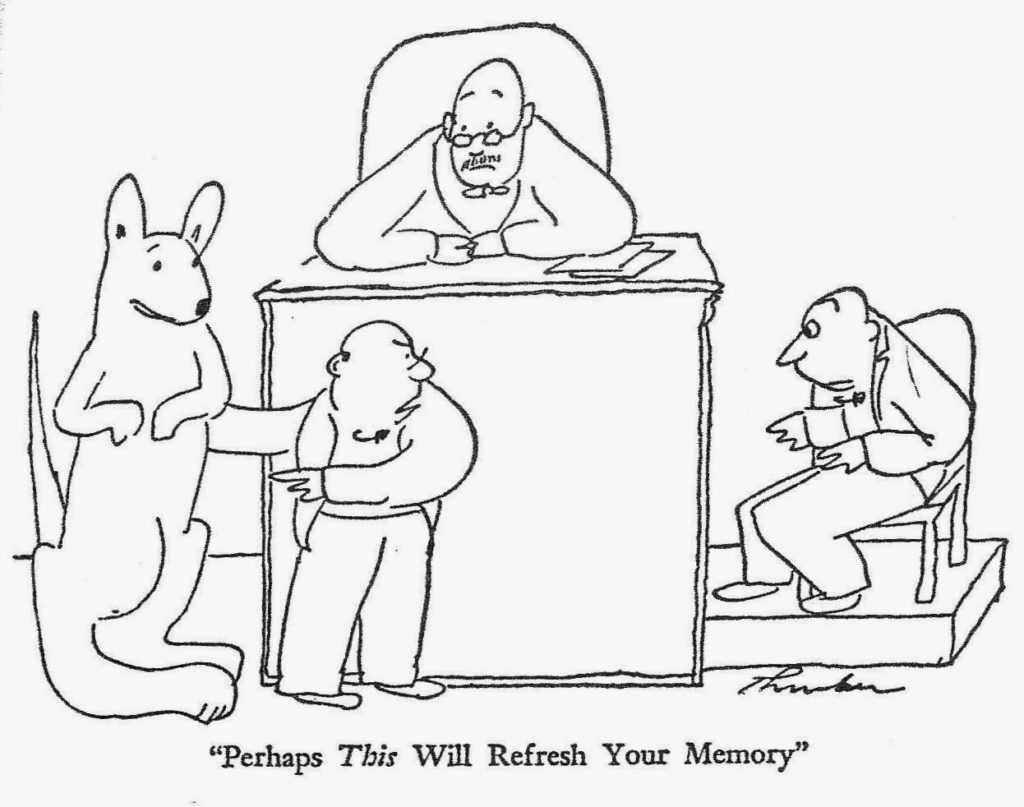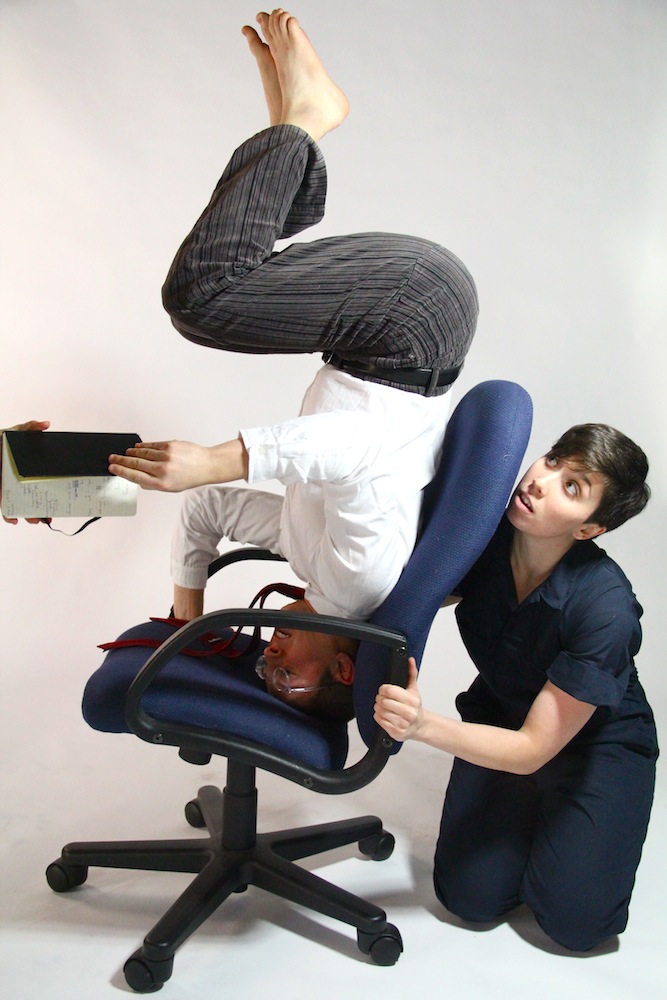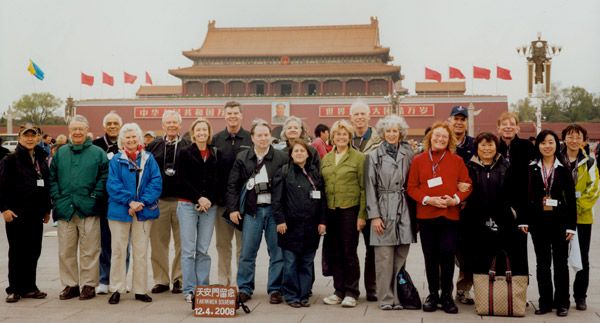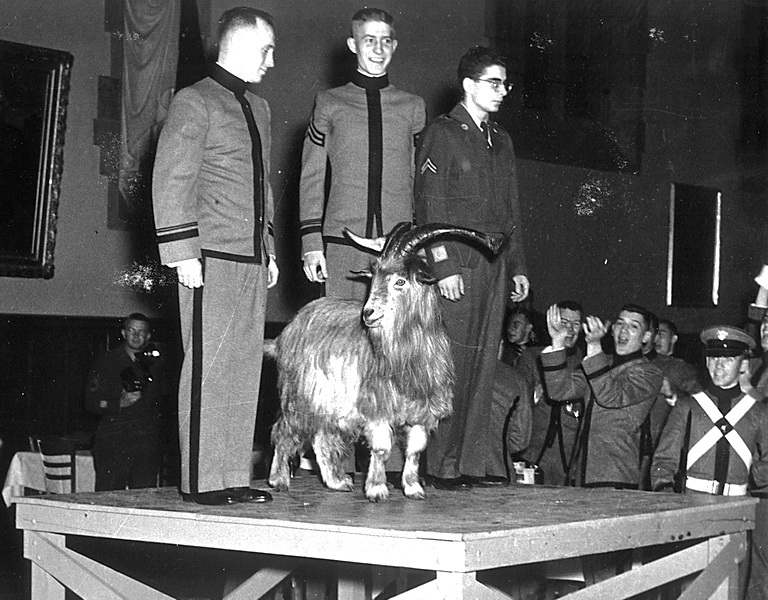Recent weeks and months have provided several reminders of how often people lie with their jobs.
Priests, lawyers, policemen, doctors, parking enforcers, tax collectors: guardians of ethical and lawful behavior, with power that comes from standing over the rest of us in their appointed roles. The obvious disconnect between what our supposed guardians tell us to do, but don’t manage to do themselves, can be either tragic or comic.
The problem (I’m afraid) is when we stop being surprised by confrontations like this. When they no longer make us either laugh or cry–or even matter.
The part of the world where I live—the malodorous Northeast Corridor—produces more than its share of “now you caught me’s.”
Of course, punishing commuters from a place where the majority of voters didn’t vote for you by complicating their commutes (As governor, I will perform the duties of this office faithfully, impartially…) is currently getting the most press. But others compete “like hell” for the ink.
Hermit Gosnell (whose oath as a physician included having the “utmost respect for human life from the beginning”) was recently sentenced to spend the rest of his life in prison for systematically killing babies born in his West Philadelphia abortion clinic, and the priests of the Philadelphia diocese who preyed for years on altar boys, their brothers and occasionally sisters (after vows of chastity) are regularly profiled as they traipse through our justice system.
 Of course, there are plenty we can snicker at when they lie with their lesser jobs too, a hook that a cable network recognized several years ago when it started broadcasting “Parking Wars,” a real life comedy about the men and women who ticket and tow our cars here. Each one of these “enforcement officers” is like a bank for the Philadelphia Parking Authority, writing several times their annual salaries in violations each year: but that speaks more to their motivation and our resentment.
Of course, there are plenty we can snicker at when they lie with their lesser jobs too, a hook that a cable network recognized several years ago when it started broadcasting “Parking Wars,” a real life comedy about the men and women who ticket and tow our cars here. Each one of these “enforcement officers” is like a bank for the Philadelphia Parking Authority, writing several times their annual salaries in violations each year: but that speaks more to their motivation and our resentment.
Last month, it was Mwanamke Jordan, (at least until recently) PPA’s Deputy Manager for Ticket Enforcement, who gave the still suffering public here some comic relief. As profiled in our newspaper of record, Deputy Jordan recently had her own car “booted” (a dreaded device that disables you from driving your car until you pay all the parking tickets and penalties that you’ve accumulated). Her picture here is from an earlier newspaper profile which began: If Mwanamke Jordan’s love life were a reality TV show….”
Last but hardly least in the Comic Division is Richard Cosentino—not for what he did, but for his picture when he got caught. Cosentino, a former NYPD sergeant received more than $200,000 after claiming that he was allegedly “too depressed to go outside” after the World Trade Center attacks on 9/11. In January, he and 81 other ex-cops, firefighters and corrections officers were busted for allegedly soaking taxpayers for $21.3 million for stress-related injuries they fabricated so they could collect disability payments. Allegedly.

Does the non-stop perp walk of these stories and pictures (and all the others like them) deter us? Deter me or you? Is there any moral dimension left in them at all?
At this point, I’m reminded of that timely update of Hawthorne’s Scarlet Letter in Quentin Tarrantino’s Inglourious Basterds. It comes in the very last scene, where the Gestapo’s Hans Landa (who goes from exposing Jews “like rats” to “ratting out” the Nazi leadership to the Allies) is now about to get his reward: a nice little place “on Nantucket” for all his help. It’s the moment right before his freedom, where Lieutenant Aldo “The Apache” Raine takes out a ridiculously big knife and carves a swatskika on Landa’s forehead. Why? Because you just shouldn’t get to change “your clothes” so easily afterwards.
It might be different for the oath breakers and job hypocrites if others could see it on their foreheads too, like soot from Ash Wednesday.
Different for all of us.








